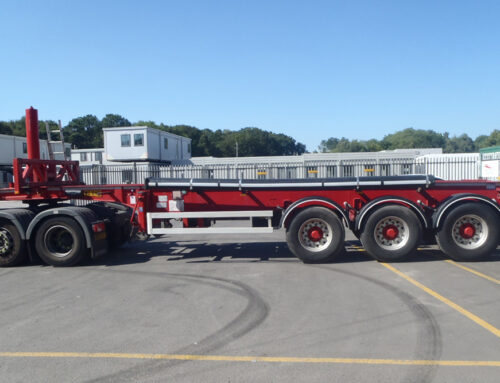The dry bulk tanker transportation industry is a vital component of the global economy, as it is responsible for the transportation of a wide range of dry bulk materials, including grains, coal, and iron ore. These materials are used in a wide range of industries, including agribusiness, mining, and construction. To meet the increasing demand for dry bulk cargo transportation, the industry is turning to digital technologies to improve efficiency and reduce costs.
Digital Platforms
The use of digital platforms for cargo tracking and monitoring, allow companies to track the location, condition, and status of their cargo in real-time, which can help to reduce the risk of cargo loss or damage. Additionally, these platforms can also be used to monitor the performance of the vessels and the crew, which can help to improve safety.
Data Analytics
Another way that the dry bulk tanker transportation industry is using digital technologies to improve efficiency is through the use of data analytics. Data analytics can be used to optimise routes and schedules, which can help to reduce fuel consumption, lower emissions, and improve safety. Additionally, data analytics can also be used to identify patterns and trends in cargo movements, which can help to improve supply chain management.
Autonomous Vessels
Many companies are also investing in autonomous and digital vessels, which can improve safety and reduce costs. Autonomous vessels are equipped with advanced sensors and navigation systems, which can help to improve safety and reduce the risk of human error. Additionally, digital vessels are equipped with digital technologies, such as data analytics and artificial intelligence, which can help to improve efficiency.
Reduce Emissions
The dry bulk tanker transportation industry is also facing increasing pressure to reduce emissions and improve safety standards. To meet these regulations, companies are turning to digital technologies to improve the efficiency of their operations and reduce emissions. For example, data analytics can be used to optimise routes and schedules, which can help to reduce fuel consumption and lower emissions. Additionally, digital technologies can be used to monitor and control emissions, which can help to improve safety.
The dry bulk tanker transportation industry is facing increasing demand for dry bulk cargo transportation. To meet this demand, the industry is turning to digital technologies to improve efficiency and reduce costs. These technologies include digital platforms for cargo tracking and monitoring, data analytics to optimise routes and schedules, autonomous and digital vessels, and technologies to reduce emissions and improve safety. By adopting these technologies, the dry bulk tanker transportation industry can improve efficiency, reduce costs, and meet the demands of the global economy.






